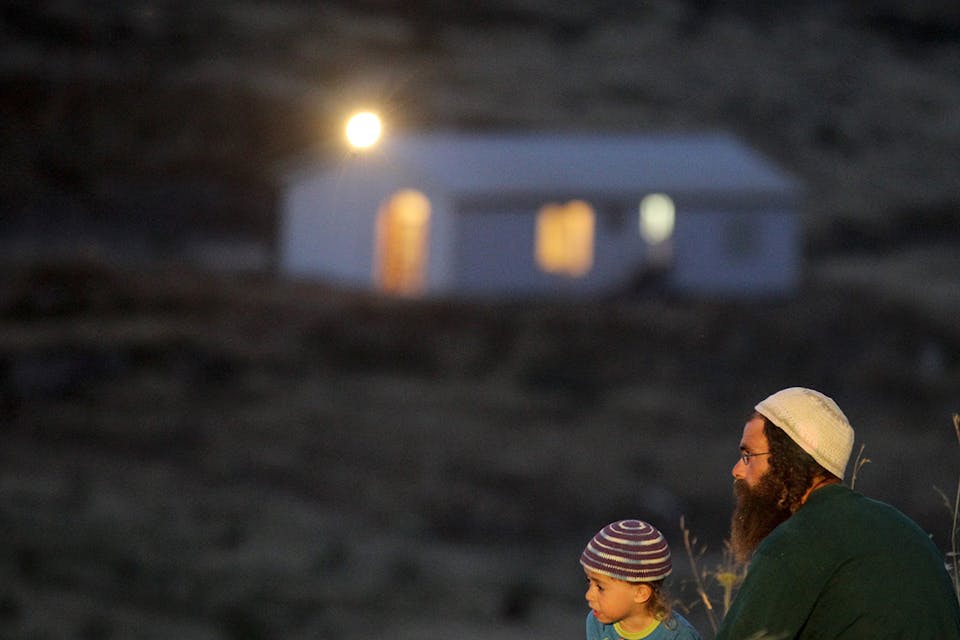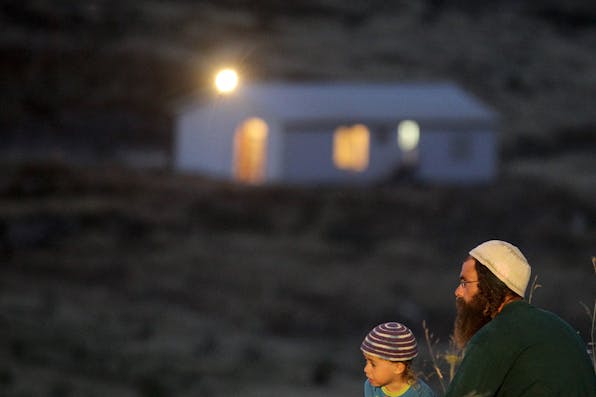
September 1, 2022
The Settler and the New Jew
Why religious-Zionist settlers describe themselves as “taking over for the kibbutznikim” or “finishing the work the secular Zionists started."
I’d like to begin by expressing my gratitude to Evelyn Gordon and Motti Inbari for their insights into the evolving status and character of the settlement project. In her fascinating explanation of shifting Israeli attitudes regarding the settlements, Gordon persuasively argues that growing public support should not be understood as representing a permanent resolution of the settlement question. Inbari, in turn, sheds scholarly light on the historic causes of the settlement movement’s ideological diversification and, even, fragmentation.
But because I have little more than gratitude to offer in response to these valuable observations, I’d like to use this opportunity to go beyond the strictly journalistic tone of my essay and offer a more speculative reflection on the legacy of the settlement movement.
Like so many American Jews, I grew up viewing Israel through the romanticized lens of early Labor Zionism. Both of my parents spent time on kibbutzim in college, and though Israel was already decades old when they lived there, I was raised on stories of communal living, agrarian labor, and military service. It was a conception of Israeli and Zionist identity that was reinforced by nearly every formative Jewish-American institution I passed through in my childhood—synagogue, Hebrew school, summer camp, and so on.


